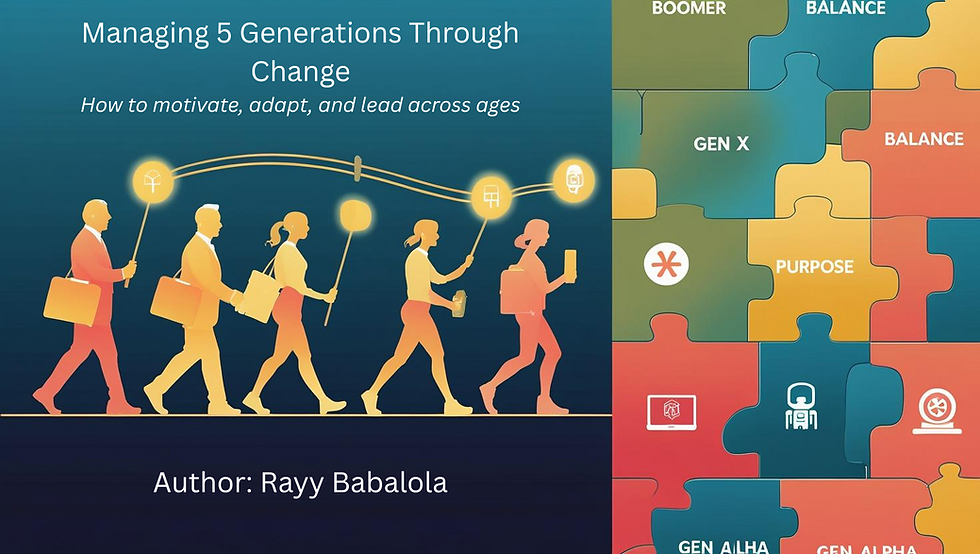5 SKILLS A PROJECT MANAGER NEEDS IN 2021
- Rayy Babalola
- Sep 5, 2021
- 3 min read
Agile project management is one of the most coveted skills that employers look out for in a project manager.
In a fast-paced, rapidly changing, and competitive landscape where customers demand quality products and services in a great time, the ability of a project manager to keep up with the trends while directing a team to the successful management and completion of any project is key.
An Agile Project Manager you must stay informed and ahead as you navigate your team through the hurdles.
These 5 key skills are a great place to start!
1) Strategic Leadership and Organisation
The Agile strategic leader is always moving, alert and aware; he/she is “on top of the situation”. An Agile strategic leader develops and adjusts strategies, products, services, and operations as needed based on live data and new insights.
Such a leader’s team is structured with intention and ability to adapt quickly to changes within the organisation like the adoption of new technology out-phasing the old, or changes in the marketplace like increased demand for a new feature on a product or service.
2) Communication
An Agile project manager is a communicator as well as a good listener. As an agile project manager, you need to be able to communicate the vision of your stakeholders to your team effectively while communicating adjustments to plans and strategies not just to your team, but to the stakeholders in almost real-time.
Agile communication is about reducing the steps required to get information across while listening for feedback that can almost immediately be implemented. This greatly reduces lag time and ensures that at every point, everyone is on the same page.
3) Adaptability
It is often said that “Adaptability is the behavior, Agile is the consequence”. Adaptability is a resourceful skill, it is simply the ability to quickly deal with changes and adjust to new conditions on a project.
As an Agile project manager, you should be able to amend or shift direction and focus on a different solution if the business needs changes mid-project. You should also be able to help your team and stakeholders adjust to such changes.
4) Risk management and problem-solving
An Agile project manager should be prepared to handle risks throughout the entire process of the project, by addressing risks during each sprint.
In absolute contrast with the traditional risk management approach where risks are likely to be detected when the project is mid-way or near completion and blatant errors like developing products that the market does not need are commonplace, an agile approach can manage risks more effectively.
The project itself is broken into small manageable phases/sprints and errors are identified and resolved as they arise.
5) Time management for iterative or incremental delivery
To understand agile time management, it helps to review some of the Agile Principles:
a) The highest priority is to satisfy the customer through early and continuous delivery of valuable products/services.
b) Welcome changing requirements, even late in development. Agile processes harness change for the customer’s competitive advantage.
c) Deliver working product/service, from a couple of weeks to a couple of months, with a preference to the shorter timescale.
d) Agile processes promote sustainable development. The stakeholders, teams, and consumers should be able to maintain a constant pace indefinitely.
An agile project manager is timely and ensures that the team meets up with deadlines and targets in the time appointed, all with customer satisfaction in mind.
In conclusion, every organisation and every team needs a superhero project manager who knows his stuff. Adopting agile project management skills is the way to do it!





Comments